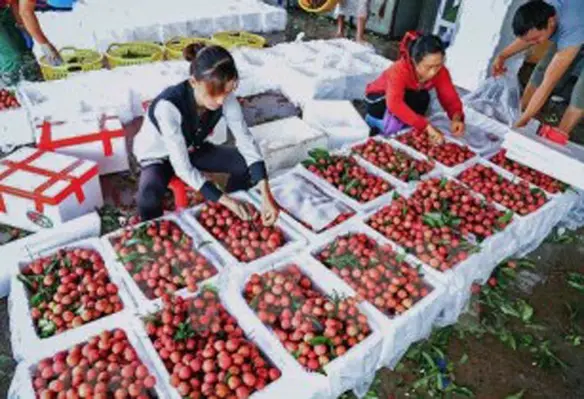
The Ministry of Agriculture and Rural Development announces major developments in the import of processed seafood products and Vietnamese durians, along with the opening of a wood exhibition in Binh Duong province
The Ministry of Agriculture and Rural Development of Vietnam (MARD) has announced major developments in the import of processed seafood products and Vietnamese durians, along with the opening of a wood fair in Binh Duong






